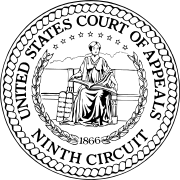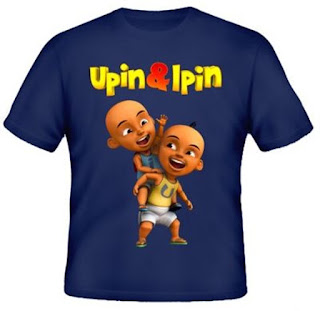A&M Record Inc v Napster Inc
1. A&M Record Inc v Napster Inc
In 2000, one of the most famous cases in intellectual property law was taken to the U.S. Court of Appeals, 9th Circuit, when a group of major record labels took on Napster, Inc. The music file-sharing company, set up by then 18-year old Northeastern University student Shawn Fanning and his partner Sean Parker, was a revolutionary piece of sharing software, which allowed users to share any number of music files online. At its peak the software had around 20 million users sharing files peer-to-peer. A&M Records, along with a list of 17 other companies and subsidiaries accused Napster of copyright infringement, for allowing users to search and download MP3 files from other users’ computers. Rock band, Metallica and hip hop star Dr Dre also filed separate cases against the sharing software company. These cases led to a federal judge in San Fransisco ordering Napster to close its free file-sharing capacities. After the judge’s decision, the company eventually declared bankruptcy before re-emerging as a paid online music service, while German Media Corporation Bertelsmann AG ended up paying $130 million in damages to the National Music Publisher Association, after propping Napster up during its financial decline. This case is remembered as a defining case of the 21st century, as it was one of the first to address the impact peer-to-peer file-sharing online could have on copyright.
Napster was an early peer-to-peer file sharing network which could be used for transmitting various files, but which attained massive popularity as a way to share music through .mp3s. Unsurprisingly, major record companies took issue with large-scale distribution of their music for free, and sued Napster for direct, contributory, and vicarious infringement of copyright in order to protect their intellectual property
The first issue the court dealt with was “fair use.” Fair use is a defense to infringement codified at 17 U.S.C. § 107, which states that otherwise infringing activities are permitted if pursued, “[F]or purposes such as criticism, comment, news reporting, teaching … scholarship, or research.” In order to determine whether the defense is met in a particular case, the statute directs Courts to consider the following four factors:
- The purpose and character of the use, including whether such use is of a commercial nature or is for nonprofit educational purposes;
- The nature of the copyrighted work;
- The amount and substantiality of the portion used in relation to the copyrighted work as a whole; and
- The effect of the use upon the potential market for or value of the copyrighted work.
As for the contributory infringement claim, Napster knew of widespread infringement taking place on its system, and its policing efforts were quite thin. Moreover, Napster materially contributed to the infringement, making success on this claim likely for the appellants. Similarly, the court found that Napster’s lack of effort to reduce infringement, combined with the fact that the company financially benefited therefrom, made success on the vicarious infringement claim likely as well.
As a result, the court ordered the creation of an appropriate injunction consistent with its opinion against any of Napster’s future infringing activities.
Issues related to peer-to-peer file sharing were again litigated a few years later when a successor company to Napster, Grokster, was sued by MGM Studios in MGM Studios, Inc. v. Grokster, Ltd., 545 U.S. 913 (2005). Currently, services such as BitTorrent and The Pirate Bay are continuing to battle holders of protected works over the future of Internet file sharing.
If you are interested in learning more, the @WashULaw online LL.M. in U.S. Law program offers a course entitled “Intellectual Property,” that can help expand your understanding of certain issues that may be relevant to cases like these.
Court | |
|---|---|
| Full case name |
A&M Records, Inc. v. Napster, Inc.
|
| Argued |
October 2 2000
|
| Decided |
February 12 2001
|
| Citation(s) |
239 F.3d 1004
|
| Holding | |
Napster could be held liable for contributory and vicarious copyright infringement, affirming the District Court holding.
| |
| Court membership | |
| Judge(s) sitting | |
| Case opinions | |
| Majority |
Robert R. Beezer
|
| Laws applied | |
17 U.S.C. § 501, 17 U.S.C. §106
| |




Comments
Post a Comment